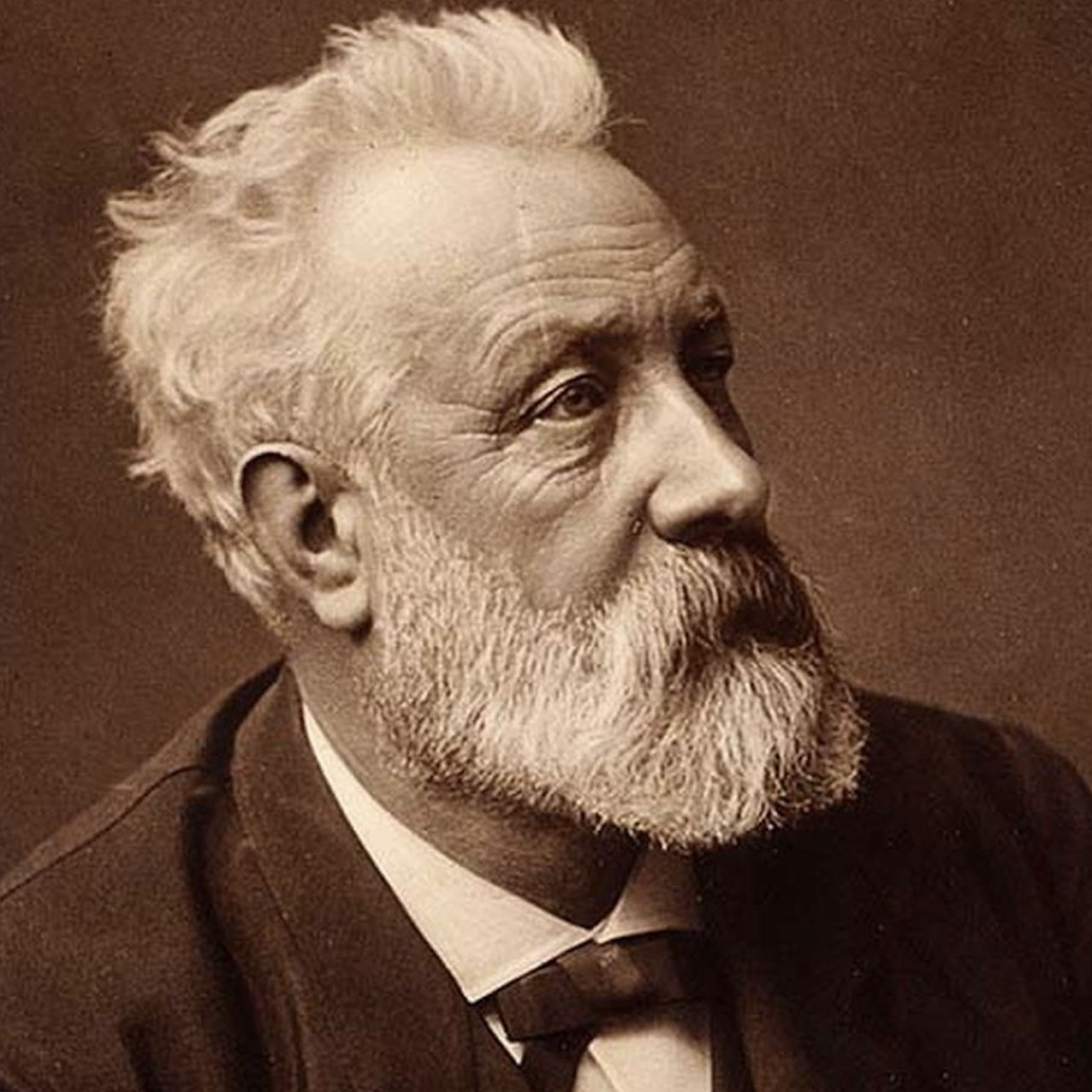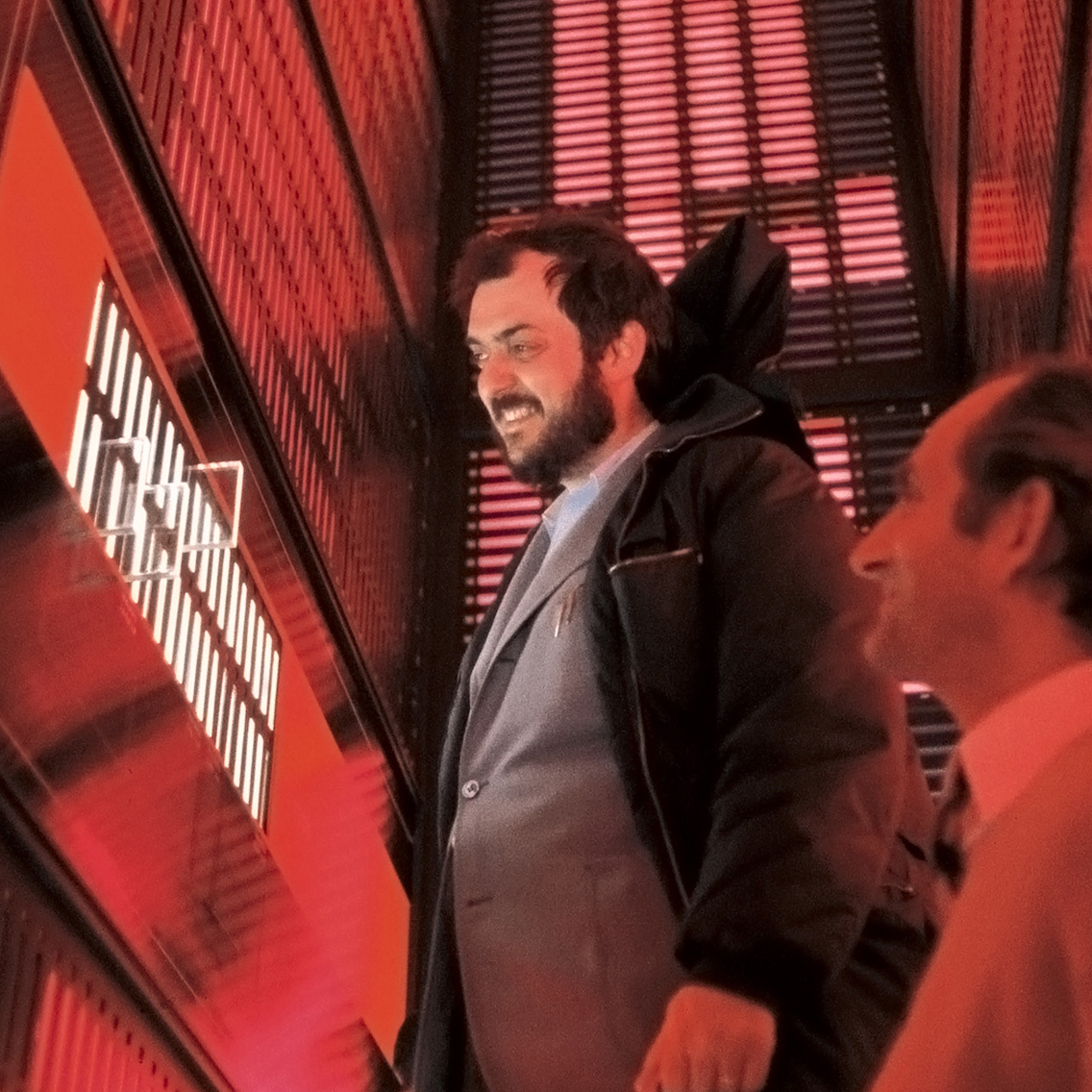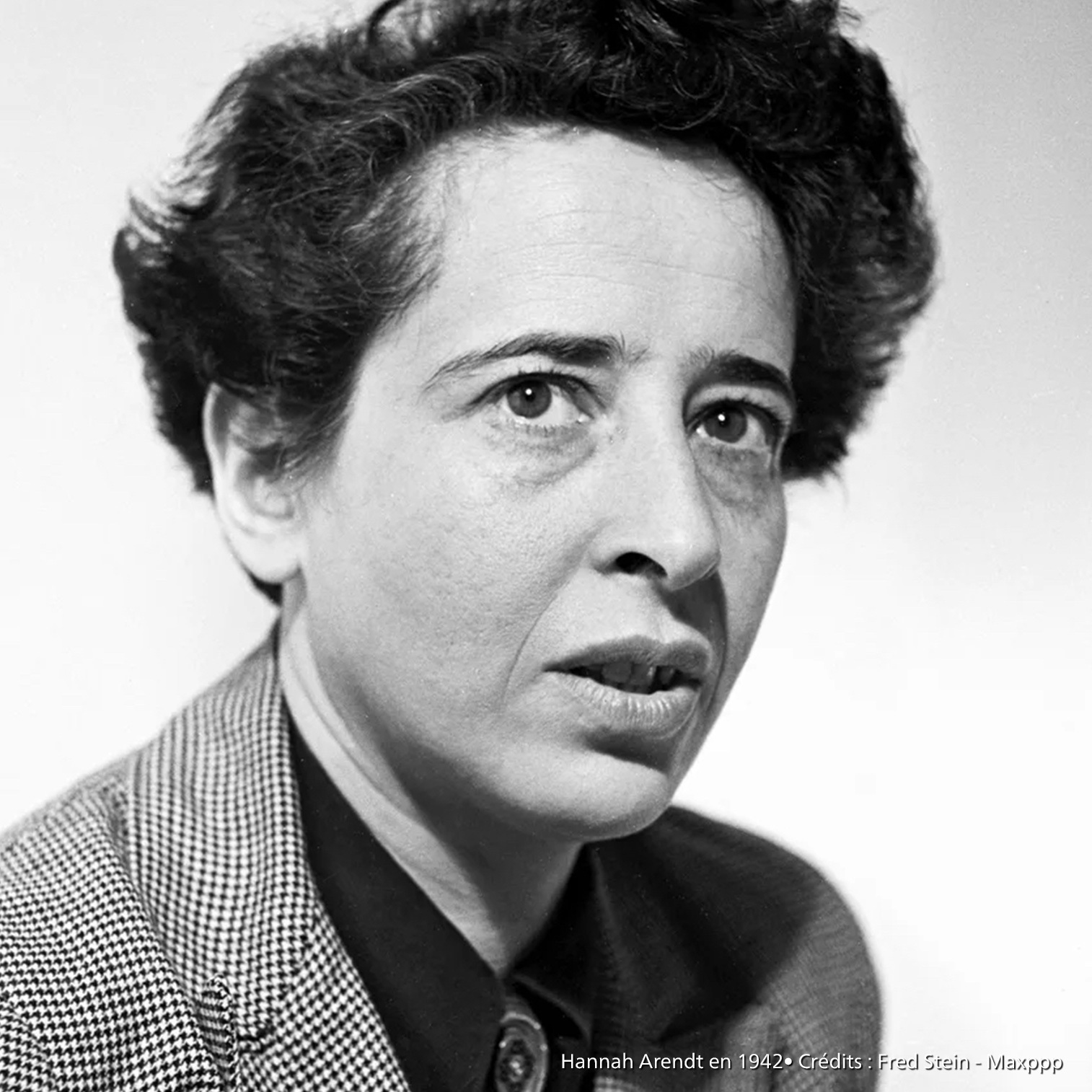Episode 3, Jules Verne - between dreams and wisdom

INTRO
When Jules Verne was born in 1828 in Nantes, France, Napoleon had just died on Saint Helena, humanity was still writing with quill pens, and was travelling on foot or by carriage - cars and trains did not exist on the European continent, which remained 80% rural back then. So how did Jules Verne manage to predict the future and democratize science several generations ahead of time? Where did he get these intuitions that anticipated the potential and risks of the machines we use today, such as videoconferencing platforms, submarines or even the trans-oceanic tube from which Elon Musk seems to have borrowed the concept for his Hyperloop tunnel ?
This is what Nathan Juglard, Commercial Manager at Preligens, will try to shed light on for us today.
Youth in Nantes
It is the writer Jean Giono who best introduces the impact of Jules Verne on the world’s imagination: "At a time when all men of the 19th century are fond of deserted islands, explains Giono, Jules Verne destroys all deserted islands. He imagined 'The Mysterious Island', where from then on there were only chemical and physical mysteries... The spirit of the machine began to subjugate the engineer (the one who invents). Little by little, it rejects all that is natural and attracts all that is artificial, all that is made by an industrious combination of means…”(1)
His work on science was indeed unique, but this was not obvious from the start: as a young adult, he initially intended to study law in order to take over his father's practice. However, his childhood dreams soon caught up to him, and his parents agreed to support his desire for literature. Fifteen difficult years followed his move to Paris; fifteen years of anonymous, solitary, theatrical writing, which eventually led to the fortuitous meeting of an important publisher, Pierre-Jules Hetzel. With him, Jules Verne finally fulfilled his true calling at nearly thirty-five years old: writing geographic adventure novels. He would not deviate from it until his death.

Deciphering the world
In much the same way as we would talk about director Christopher Nolan today, particularly his science fiction film Interstellar (2014), the novelist Emile Zola said of Jules Verne, with just a little jealousy, that he knew how to "put science into drama"(2)... Why the feeling? Because Zola found that the far-reaching success of Verne was not justified for a style that in his opinion was rather dull and simplistic. There are no great abstract images or deep psychological introspections with Verne, as the latter’s main aim is to store, classify and define in a cold and precise manner. In his opinion, the world should simply be described in all its richness(3).
Our author enters the 1860s and 1870s with this recipe firmly in hand, escorted by educational tales that continue to cross time and cultures: "Five weeks in a Balloon" (1863), "A Journey to the Centre of the Earth" (1864), "Around the Moon" (1865), "Twenty Thousand Leagues under the Sea" (1869), "Around the World in Eighty Days" (1874), "Michel Strogoff" (1876)... The following years were less flamboyant, but the tone was set and his popularity grew. Hundreds of thousands of copies were sold as soon as a new book was published. The imagination of millions of children were shaped by them. Verne took advantage of his success to do a little more escaping of his own; he bought boats, travelled to Scandinavia and the United States and met the greatest scientists of his time with whom he polished up new stories.
His niche had become a worldwide success.

Enthusiastic and suspicious of progress
His readings, encounters and travels allowed the novelist to anticipate the next century, and even the following one: our own. This can be seen, for example, in the Albatros, a flying machine powered by electricity that prefigures our present-day helicopters. His hero Robur understands the possibilities offered by electrical circuits - he also understands the importance of propellers - but it is worth noting that he still has some progress to make with regard to the lift of the aircraft, since his machine is still raised up by a kind of helium-filled dirigible balloon…
But never mind these post-factum judgements. Verne's goal is first to highlight a scientific principle, then to apply a deliberately fanciful multiplicative factor before giving us something to dream about and to think about, the two going hand in hand for him.
For Jules Verne comes from an optimistic and relatively peaceful century, quite similar to our own, which believes in science but is also wary of it. His engineers are often temperamental, sometimes authoritarian, and their inventions regularly end up in drama and explosions! The novelist warns of the excesses of human genius as much as he wants to temper, with a certain avant-gardism once again, the colonial adventures of his time.
In addition to his curiosity for novelties, and his talent for anticipation, there is probably a third reason for his success to be put forward eventually - his own bias for moderation.
Jules Verne’s wisdom also explains the legacy of his iconic work.
Subscribe to Roberta here.
Literature
1. More on this quote at Musée Jules Verne
2. More on this quote at Musée Jules Verne
3. See France Culture’s radio show (2020), “La compagnie des œuvres”, for more precisions.


